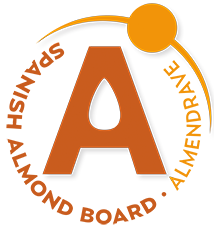Certifications

AIB International, Since 1919
AIB International is engaged in the strengthening of sanitation and quality in the food supply chain, and offers different programs, so educational as technical, by means of audits and inspections remarkable by its rigorous standards. The requirements it establishes succeed in keeping the products healthy and harmless, and that the environment where the process is made will keep proper and safe. These standards are classified in five categories, in which is taken into account from the food reception and storage, materials and equipment handling, to the characteristics of building or ground, cleansing of tools and space, documentation, qualification and integrated pest management, to mention some issues.
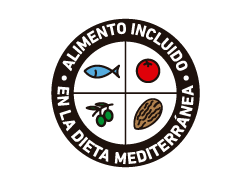
FOOD INCLUDED IN THE MEDITERRANEAN DIET

BRC
Certification standard developed in the United Kingdom oriented towards compliance with the legal obligations in respect to food safety, so to guarantee the consumer protection. It’s a standard based on the Hazard Analysis and Critical Control Points (HACCP) and is applicable to any organization. Carrying out BRC audits allow the companies to identify those phases in the chain where critical points could develop, and carry out the necessary solutions to reduce them and even be eliminated.
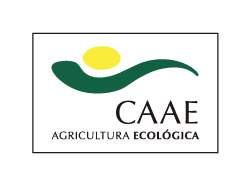
CAAE
The CAAE Certification Service authorizes and accredits the certification of products under the standards of ecological production.
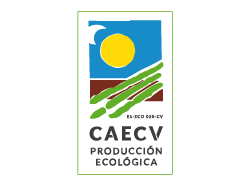
CAECV
Through the Ecological Agriculture Committee of the Valencian Community (CAECV), Control Authority responsible, the ecological agro-food products of vegetal or animal origin, transformed or not in the Valencian Community, are certified.
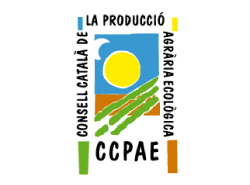
CCPAE
This certification of the Catalan Council for the Ecological Agriculture Production, guarantees that the organic production system reaches the consumer with the maximum guarantees (products not contaminated by pesticides or transgenic).
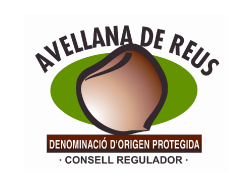
DO AVELLANA DE REUS
The Reus hazelnut Protected Designation of Origin (PDO) protects the following varieties: negreta, pautet, gironella, morella and culplana. Traditionally cultivated in a wide area of the Tarragona regions of Alt Camp, Baix Camp, Conca de Barberá, el Priorat, Tarragonés and Terra Alta. The Reus hazelnut is a dried fruit of exceptional gastronomic and dietary qualities, which are presented to the consumer shelled, in grain or toasted.
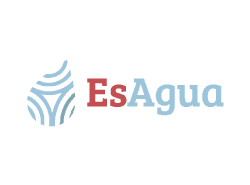
ESAGUA
EsAgua is a pioneer network in Spain of entities committed with the reduction of their water footprint. Its mission is to position Spanish companies as referents in water footprint and in the field of sustainability. Managed by Cetaqua, a leading technological center and promoted by the Water Footprint Network, the EsAgua network features pioneering Spanish companies interested in water footprint.
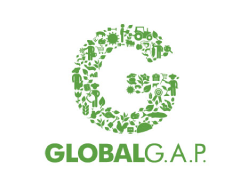
GLOBAL GAP
Global standard for Good Agricultural Practices. This Certification covers:
-Food safety and traceability
-Environment (including biodiversity)
-Health, safety and worker’s welfare
-Animal welfare
It includes the Integrated Crop Management (ICM), Integrated Pest Management (IPM), Quality Managements Systems (QMS) and Hazard Analysis and Critical Control Points (HACCP). It demands, among other things, a greater efficiency in the production. It improves the business performance and reduces the waste of necessary resources. It also requires a general approach of the agricultural production that develop the best practices for the next generations.
-Food safety and traceability
-Environment (including biodiversity)
-Health, safety and worker’s welfare
-Animal welfare
It includes the Integrated Crop Management (ICM), Integrated Pest Management (IPM), Quality Managements Systems (QMS) and Hazard Analysis and Critical Control Points (HACCP). It demands, among other things, a greater efficiency in the production. It improves the business performance and reduces the waste of necessary resources. It also requires a general approach of the agricultural production that develop the best practices for the next generations.
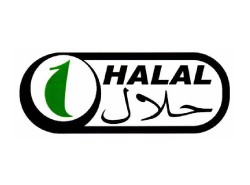
HALAL
It’s an Assurance Certification established by the Halal Institute, that establishes which products and services aimed to Muslims comply with the Islamic law and, therefore, are fit for consumption and use in Spain, at a European level and in countries where the majority of the population is Muslim.

IFS
IFS is defined as a set of standards centered towards food, services and products. Its main aim is to guarantee quality and safety in all phases so to obtain the biggest transparence throughout the whole chain.
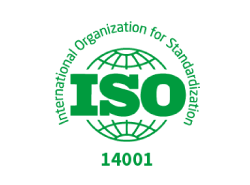
ISO 14001
It’s the environmental management systems international standard (SGA), that helps the organizations to identify, prioritize and manage the environmental hazards, as part of its common business practices.
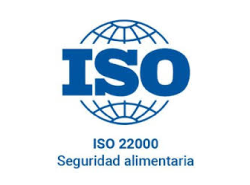
ISO 22000
This standard establishes the requirements a management system must comply in order to guarantee the safety and harmlessness of foods throughout the whole chain until coming up to consumption, beyond the requirements established by the legislation. Accreditation of this standard provides important benefits to the companies, since it integrates all the HACCP requirements in a management system compatible with the ISO 9001.
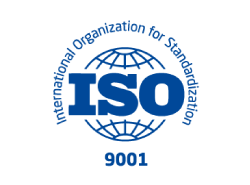
ISO 9001
It represents the basis of quality management systems, which allow a company to improve the quality of its products and services, based in a continuous improvement cycle. Besides, this international certification, in regard to the company, it also offers important benefits for its own management, because it serves as a mean to maintain and increase its efficiency and improves the staff motivation and involvement, so as the improvement in the resources management.

KOSHER
The Kosher certification obtained by certain products, means that these products respect the precepts of the Jewish religion, and therefore are considered pure and fit for consumption by practitioners of that religion. It gathers from the composition and ingredients of the product until the processing process, paying special attention in the preparation, as well as in the cleansing of the machinery used in that preparation.
Foods are classified in 3 categories:
1. Dairy products (jalabi)
2. Meat products (basari)
3. Neutral products (parve)
Foods are classified in 3 categories:
1. Dairy products (jalabi)
2. Meat products (basari)
3. Neutral products (parve)
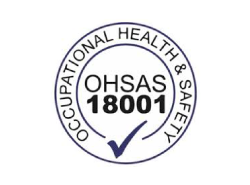
OSHAS
The Occupational Health and Safety Assessment Series, OSHAS, refers to a series of specifications about health and safety at work established by the British Standards Institution (BSI). This is an international standard for health and safety at work (OH&S) published on March 12th, 2018 and which is intended to transform labor practices worldwide.
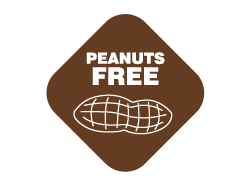
PEANUTS FREE
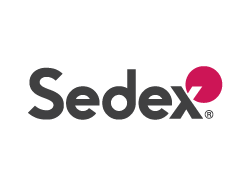
SEDEX
Sedex is a global membership organization that facilitates the creation of businesses good for all the world. It hosts the biggest collaborative platform to responsibly share data about supply chains, used by more than 50.000 members in more than 150 countries. Thousands of companies use SEDEX to manage their activities about labor rights, health and safety, environment and commercial ethics.
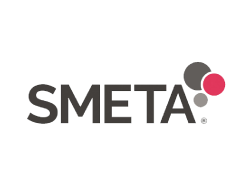
SMETA
SMETA is one of the social audit processes most widely used. It offers a worldwide recognized method which allows to assess activities within the supply chain as labor rights, health and safety, environment and commercial ethics.

THE SUPPLY CHAIN INITIATIVE
The purpose of the SCI is to promote fair business practices in the food supply chain as the basis of commercial agreements. The SCI also aims to assure that the companies will manage their conflicts in a fair and transparent manner and to guarantee the plaintiff will not suffer any reprisals. The aim is to promote a change of culture that will benefit all the participants in the food supply chain.

U.S. FDA
This certification offers the population the information needed to make a correct and beneficial use of foods and medicines. This agency is within the U.S. Department of Health and Human Services, which is organized in six production centers, two offices and a research center.
Table of certifications
Certifications of our associates. PDF.
Document in the process of being updated


